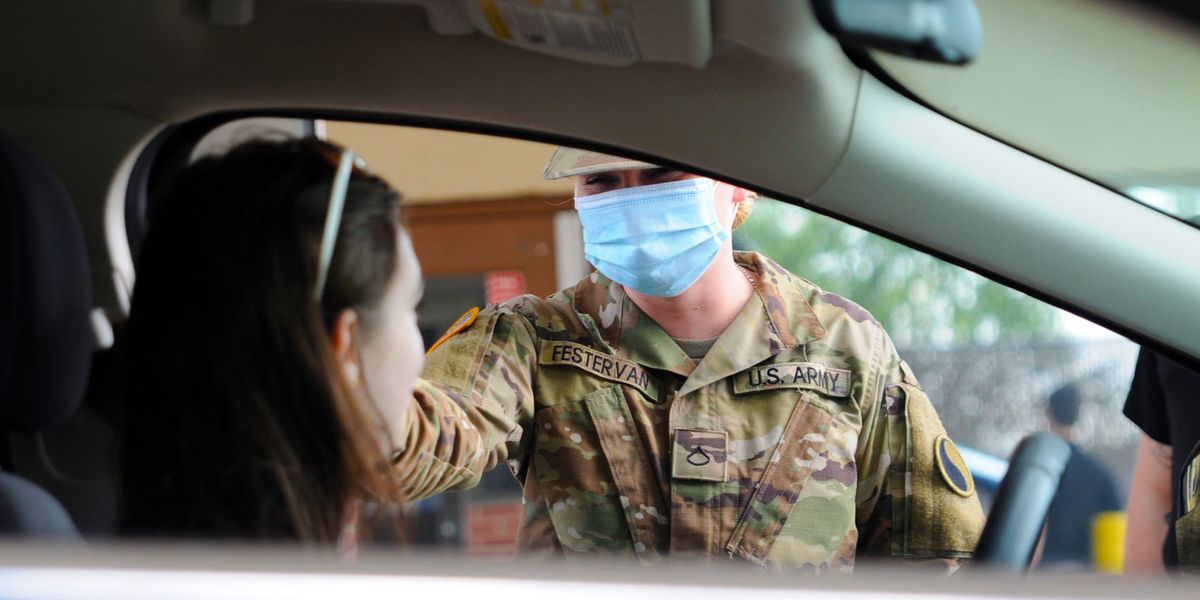
The year 2008 seems like a very long time ago.
Bill Cosby was America’s Dad. The Dow Jones Industrial Average fell below 9,000 in an economic swoon. And a campaign based on “Hope and Change” swept America.
Well, I guess we got the “Change” part.
In October of that year, veteran CBS correspondent Bob Schieffer did something that hasn’t been repeated since. He asked the two presidential candidates a question about climate change.
Schieffer
botched the question, using the plumbing and heating phrase “climate control” instead of climate change.
After politely correcting him, Senator John McCain gave a more thoughtful and direct answer than the man who beat him a few weeks later, Senator Barack Obama.
This year, will increased political interest in climate change be overwhelmed by the tsunami of news from coronavirus, the economy, and the wackadoodle behavior of the incumbent president and his entourage?
The latter could actually be an entry point for a climate discussion. Early on, President Trump dismissed coronavirus as a hoax, then predicted it would fade away via either summer heat or “magic.” To anyone who follows climate politics, this ought to sound familiar.
The potential silver lining in this toxic cloud of anti-science may be that the whole phenomenon is in plain view for all to see: the thinly-veiled attacks on virology rock star Anthony Fauci; the inane smartphone videos of individuals flying into a rage because retailers like Home Depot require them to wear a mask; the nihilistic “COVID parties” in which attendees try (and sometimes succeed) to catch this happiest of diseases; and of course, the lethal antics of the World’s Most Powerful Denier as he presses to open schools, pimps a dubious cure like hydroxychloroquine, and runs victory laps as the casualty tolls rise.
All of this denial, delusion and hypocrisy is not a new tactic. Those who deny or downplay the undeniable damage wrought by coronavirus can draw inspiration from climate deniers.
The American Petroleum Institute, the lobbying powerhouse of the oil and gas industry, is flooding cable, broadcast and online ad space with bizarrely self-congratulatory spots on its
“clean energy” leadership. And lest we forget, in 2016, a pre-presidential Donald Trump cited “climate change and its effects” as the reason for building a seawall at his organization’s Irish golf resort (Ireland said no).
More telling is the absolute failure of our leaders to prepare for a pandemic
despite clear warnings that we were overdue for one.
The same clear warnings on rising seas and surface temperatures and irreversible impacts on both our economy and environment have been out there for decades.
There’s not much point in contrasting the climate-environment policies of the two presidential candidates. But if you must, Biden gave a
sweeping speech on Tuesday on his $2 trillion plan to battle climate change.
The following day, Trump delivered an equally ambitious vision to rebuild American infrastructure by
dismantling the so-called “Magna Carta” of environmental law, the National Environmental Policy Act (NEPA). NEPA is the 1970 law requiring environmental impact statements for major development projects.
Neither received much national attention, since we’re still hip-deep in coronavirus cases and corpses. There will be time to turn our attention to all that later, after President Trump’s multiple assurances that the coronavirus will just
“go away.”
Unless it doesn’t and those meddlesome scientists are right again.
And, while we need a lot more than one climate question at a presidential debate, the sad truth is that such a question would still, at this late date, be a breakthrough.
Peter Dykstra is our weekend editor and columnist.
His views do not necessarily represent those of Environmental Health News, The Daily Climate or publisher, Environmental Health Sciences.
Contact him at pdykstra@ehn.org or on Twitter at @Pdykstra.
Banner photo: COVID-19 testing in Kentucky. (Credit:The National Guard)





